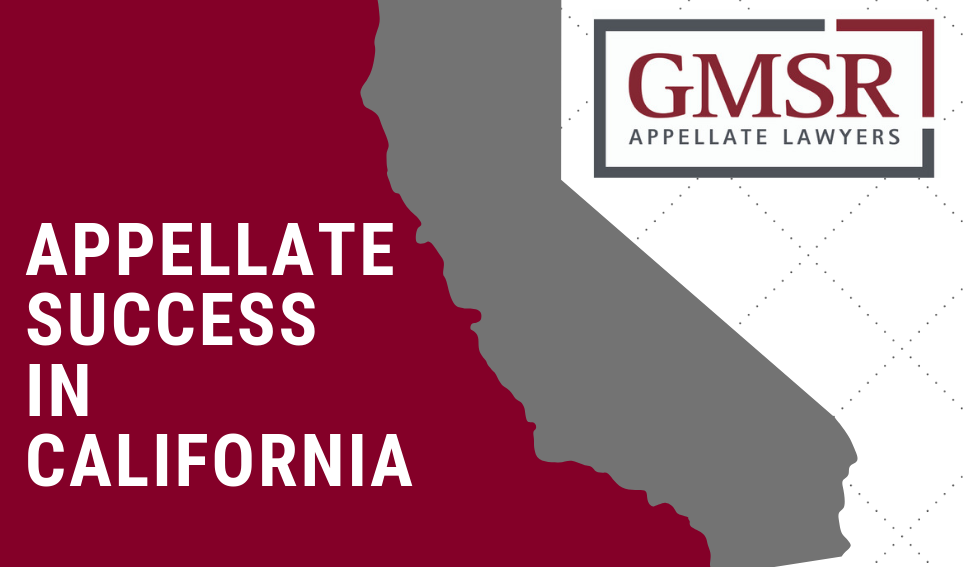Can I Cite This Unpublished Decision?
Every lawyer confronts the problem: a helpful decision that’s “not officially published.” What to do? The answer depends on which court issued the decision, and when. Assuming (as ASIC always does) that you’re briefing to a California state court, here are the rules, and the realities:
- If the unpublished decision is federal, and issued January 1, 2007 or later, go ahead and cite it. Just bear in mind that the decision is likely to carry less weight than a published precedent. Older unpublished federal decisions are likely to carry the least weight of all, and probably should not be cited.
- If it’s a new California Court of Appeal decision, consider whether to recommend that your client file a letter requesting that the court publish it, and explaining how it meets publication criteria. Anyone can file such a letter, within 20 days of the opinion’s filing date. The appellate courts grant a notable share of such requests, and may even do so quickly enough to help you.
- If it’s a California Court of Appeal decision issued too long ago to request publication, the rules strictly prohibit citing it as authority. (The main exception is for opinions relevant as law of the case, res judicata, or collateral estoppel.) Courts take this rule quite seriously; you may well incur judicial ire, or worse, for a violation. But as a practical matter, reviewing courts sometimes accept citations for limited “non-authority” purposes, such as in a brief marshaling examples of verdicts in similar cases, or a petition for Cal. Supreme Court review illustrating how frequently an issue arises.
► The practical message. Unpublished federal decisions, if thorough or otherwise persuasive, can sometimes support your argument to a California court – but do not cite unpublished California opinions except for very limited purposes.
Browse By Topic
We welcome your inquiry. However, sending us an email does not create an attorney-client relationship. For that reason, you should not send us any kind of confidential information. Until we have agreed to represent you, we cannot be obligated to keep it confidential.







